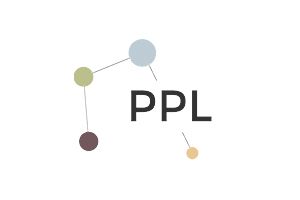Fifty percent of all trips are 3 miles or less, yet only 1.8% of those trips are biked. Meanwhile, 35.7% of US adults are obese and the transportation sector accounts for 32% of US greenhouse gases. One of the main reasons citizens do not use the healthier mode of cycling is due to a lack of safe infrastructure-dedicated bicycle routes, roads with bicycle lanes, and other designated bicycle facilities. The City of Atlanta has a desire to put proper cycling infrastructure in place but needs better information from citizens about where they currently and would like to cycle. Therefore, the initial goal of the Crowd-sourced Bicycle Route Desirability project is to modify the open-source CycleTracks application (previously adopted in San Francisco, CA, and Austin, TX.) for use in Atlanta. CycleTracks tracks the existing routes of cyclists using their smartphones and allows comparison of these routes to the quickest path from origin to destination. This allows us to begin to make appropriate infrastructure improvements to the most traveled routes in a study area by seeing logical paths that cyclists avoid. A second phase of the project would develop applications allowing riders to express their desired bike routes even if they currently do not cycle because of lack of adequate facilities.

The Participatory Publics Lab is a group of researchers concerned with community engagement and design. We are part of the Digital Media program in the School of Literature, Media, and Communication at Georgia Tech.
We explore the design of mobile and social media in the context of community development and activism. We do this through different modes of participation: in the design of these technologies; in the development of discourses about these technologies; in the use, adoption, and appropriation of these technologies.
We investigate forms of civic and community engagement through participatory design, design research, ethnographic research, and critical scholarship. Our research is supported by the National Science Foundation (NSF) and as part of the Intel Science and Technology Center in Social Computing (ISTC-Social).



